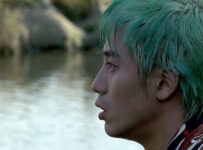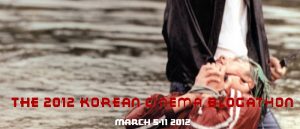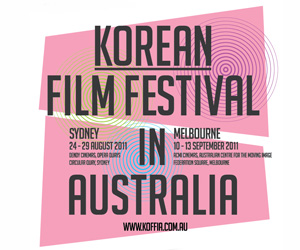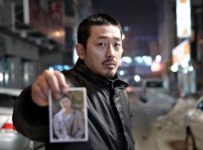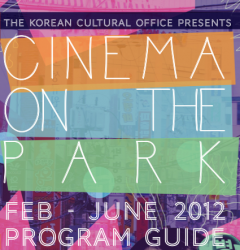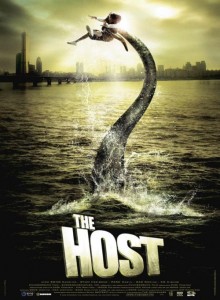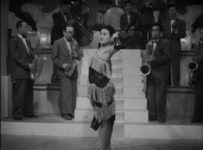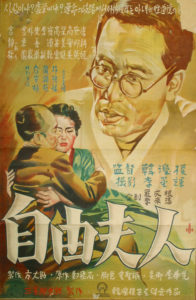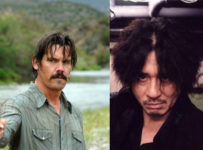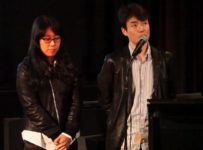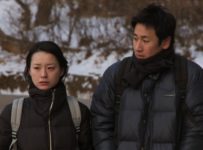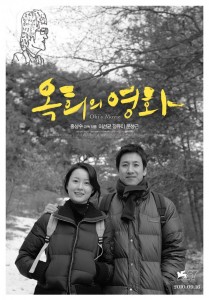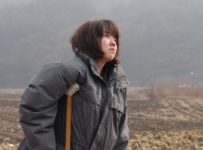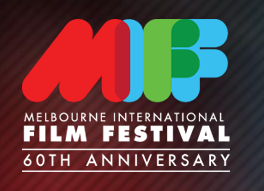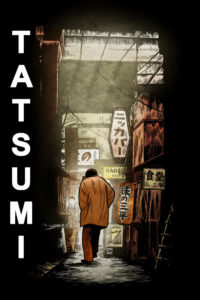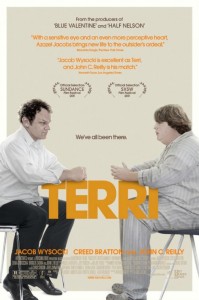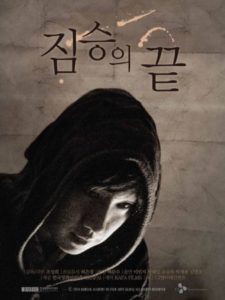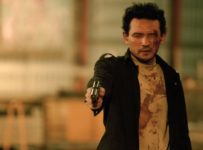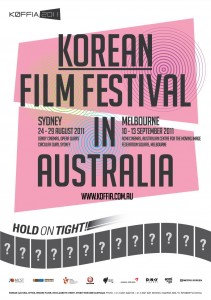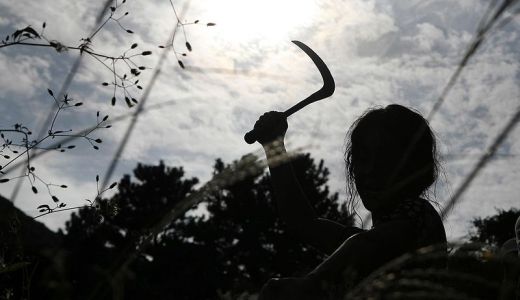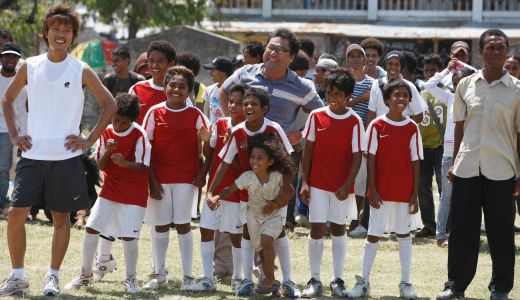This article was written for the 2012 Korean Blogathon.
As part of the Korean Blogathon 2012, one tends to reflect on their experiences with the emerging cinema of South Korea. Favourite film lists, retrospectives on the history of the country’s output and reviews all tend to get dragged out for dissemination.
Although it is said you never forget your first, chances are pretty good that you will. The output of an entire nation’s cinema infrastructure is nothing to sneeze at, and first times are often awkward fumblings with things you don’t fully understand yet. So it’s probably better to say “You always remember the first good time”, and the one that had the most impact on you. Few films will have more impact than Park Chan-wook’s SYMPATHY FOR MR. VENGEANCE.
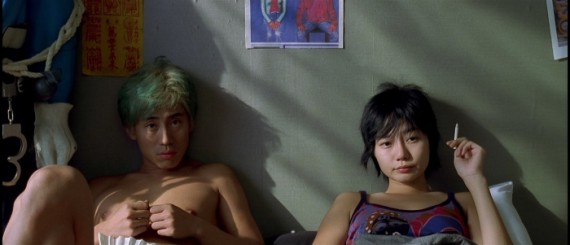
Prior to solidifying his reputation as a master of the format with Oldboy, a film almost universally held up as an example of what the Korean Wave is capable of, there was the first part of Park’s so-called ‘Vengeance Trilogy’. The film follows Ryu (Shin Ha-Kyun), a deaf-mute since birth, who needs to come up with the money for his sister’s operation. When he is ripped-off on the black market, Ryu and his girlfriend are forced to kidnap the boss of Park Dong-jin (Song Kang-ho). However, saying that things go horribly wrong is an understatement, escalating a cycle of revenge and violence that Park excels at.
As a first time, SYMPATHY FOR MR. VENGEANCE disorients you, shows you ways of doing things you never thought imaginable and unceremoniously pushes you out the other side without so much as a hug afterwards. It is a dark film, often comic darkness, and undoubtedly one of the most shocking films of the last ten years.
Those coming to SYMPATHY FOR MR. VENGEANCE in the shadow of the superior and more widely recognised Oldboy may simply be confronted with the pace of the film, which doesn’t have the frenetic energy of the later film, and nor is at is direct in its narrative. Yet it plays with time and identity in a way that only a filmmaker confident in their craft can achieve, and following Park’s JSA: Joint Security Area, the director could do no wrong.
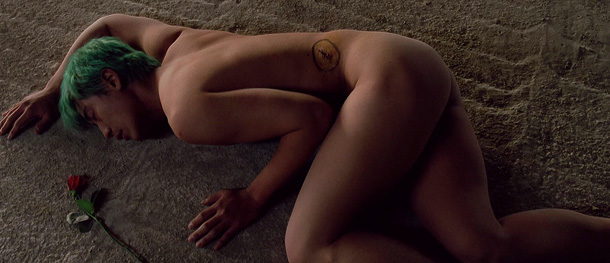
Perhaps there is an element of shock value for the sake of it, for this and Park’s subsequent films have grabbed international attention for their gut-punching brutality, lingering on graphic violence as simply another of Park’s tools of the trade. There is something almost fetishistic about its depiction in this film, although Park wants to make sure you feel as though you have worked your way into a nice rhythm before pulling the sheets out from under you and making you learn a new position on the fly. Here, Park is closest to David Lynch just as much as Japan’s Takashi Miike, in that he is deliberately forcing the audience to access parts of their brain that typical revenge fantasies don’t require. First timers will undoubtedly want to call “time out” at strategic points, just to catch their breath for another round.
Held together by the two terrific lead performances, Park regulars Shin Ha-Kyun and Song Kang-ho, allegiances with shift and change throughout the film. Audience sympathy, and indeed the justification of “vengeance” will become clear-cut in some instances and completely unforgivable and confronting in others. As a film it serves a historical importance for the solidification of Park’s style, a signpost for what would come in the handful of features and short films he has released since. As a first time, it lingers in the back of your mind long enough to give you an insatiable thirst for more of the same, and for Korean cinema to keep pushing the boundaries.
